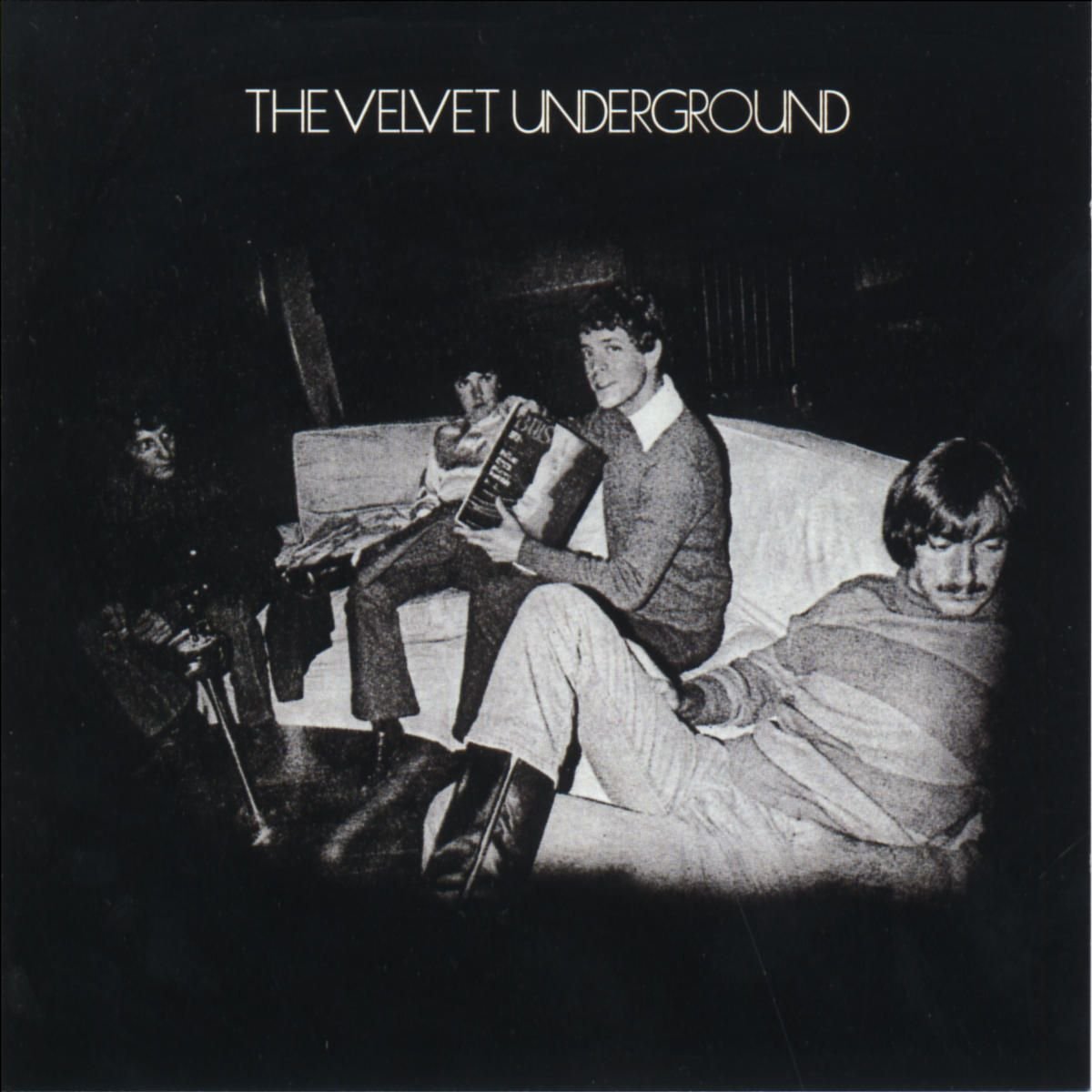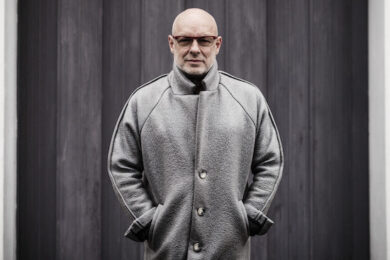7. The Velvet UndergroundThe Velvet Underground

This was probably the most important pop album for me in that I think it’s the moment where I realised that I could be a musician. It was partly that this band was semi-non-musicians, but it was also because the songs borrowed a lot from what I knew about experimental music at the time. I’d been playing experimental music with various outfits in England and with Morton Feldman and Christian Wolff and all these people that had come over from America to visit us, 32 people who were into the experimental music scene in England. La Monte Young was one of the big figures in everybody’s cosmology at the time and The Velvets, both Lou [Reed] and John [Cale], had worked with La Monte. So the first album came out, I thought, "Fantastic, amazing." Second album I thought, "Great, amazing." But the third album was the one that really killed me. The first album was quite wild and dark and weird, the second album was mad and intense. But the third album was so gentle and beautiful, but because you knew their history there was that undertone of violence and rage, something trying to burst out. Even on the love songs on this – and many of them are love songs – you hear that real tension.
What made me think I could do it too was that the songs were simple and the playing was so simple. There’s very little artifice at all in this. But also the mood was something that I thought I could kind of connect to. The difficult thing about pop music as I was growing up, and I was 20, I think, when I first heard this, was that it dealt with young teenage emotions mostly, and that just wasn’t interesting to me. I loved the music but what the songs were about was sort of childish and it was all about ‘me’ and ‘you’ and ‘love’, and I just wasn’t interested in that really. At the same time I’d been working with Cornelius Cardew and all these kind of quite heavyweight experimental composers. But I didn’t want just that. I wanted that [pop music] and that [experimental]. So I was always looking for anywhere that somebody was making some blends that started to be interesting. I didn’t own this record for years and years. I just didn’t buy this album because I never wanted it to become casual for me. I bought this one about five years ago. I never owned it before then. I would only hear it at other people’s places because I always wanted it to be special.
It’s so hard to protect the sanctity of those things. When something sounds so fresh and strange to you, that’s what you spend most of your time doing when you’re making your own work isn’t it? Getting back to that place.
That’s exactly what you’re doing. You’re trying to find that point at the edge of your knowledge or the edge of your understanding. That place where you’re excited but you don’t know why. You don’t know what it is that’s doing it. The edge of innocence.


